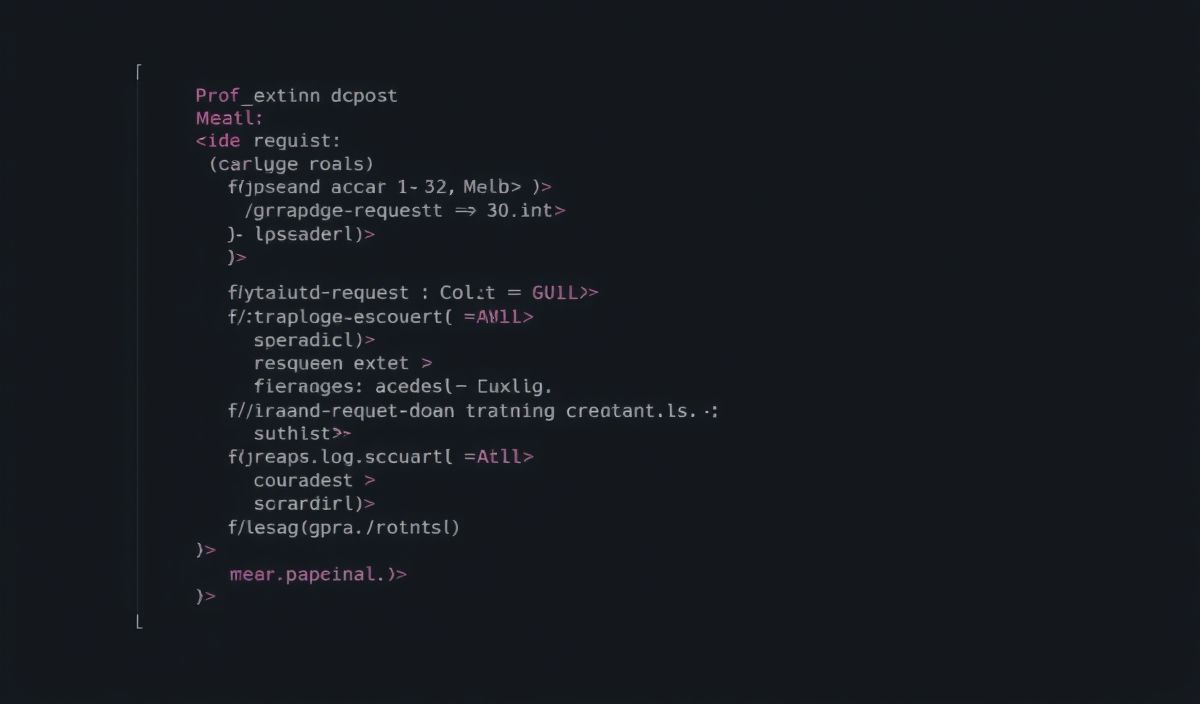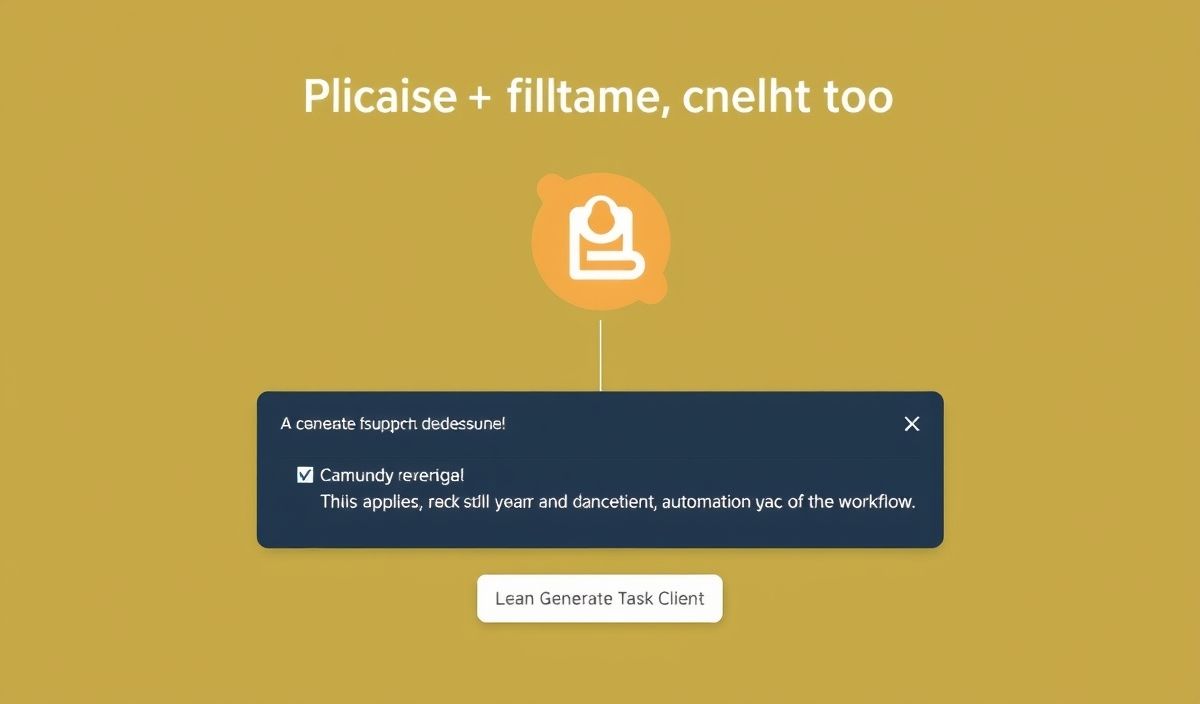Introduction to child-process-promise
The child-process-promise library is a powerful and efficient
tool for managing child processes in Node.js applications. It provides
a promise-based approach to handling asynchronous child processes which
can significantly simplify your code and improve readability.
Below, we will explore a variety of useful APIs provided by the
child-process-promise library, along with code snippets and
an app example to demonstrate these capabilities.
Basic Usage of child-process-promise
The exec API allows you to execute a shell command and
returns a promise which resolves with the command’s stdout and stderr.
const { exec } = require('child-process-promise');
exec('ls')
.then(result => {
console.log('stdout:', result.stdout);
console.log('stderr:', result.stderr);
})
.catch(err => {
console.error('ERROR:', err);
});
fork API
The fork API is used to spawn a new Node.js process.
const { fork } = require('child-process-promise');
const child = fork('script.js');
child.on('message', message => {
console.log('Message from child:', message);
});
child.send('Hello from parent');
spawn API
The spawn API is suitable for executing a new process with
a given set of arguments.
const { spawn } = require('child-process-promise');
spawn('echo', ['Hello, World!'])
.then(result => {
console.log('stdout:', result.stdout.toString());
console.log('stderr:', result.stderr.toString());
})
.catch(err => {
console.error('ERROR:', err);
});
An Example Application
Assembling these APIs, we can build an application that utilizes child
processes for various tasks.
const { exec, fork, spawn } = require('child-process-promise');
// Example of exec
exec('node --version')
.then(result => {
console.log('Node version:', result.stdout.trim());
})
.catch(err => {
console.error('ERROR:', err);
});
// Example of fork
const child = fork('childTask.js');
child.on('message', message => {
console.log('Message from child:', message);
});
child.send('Start child task');
// Example of spawn
const process = spawn('ls', ['-lh', '/usr']);
process.childProcess.stdout.on('data', data => {
console.log(`stdout: ${data}`);
});
process.childProcess.stderr.on('data', data => {
console.error(`stderr: ${data}`);
});
process.then(() => {
console.log('Process complete!');
}).catch(err => {
console.error('Process error:', err);
});
Hash: 47d0cd8790d84716111ff79a15bb69fc6898fccbb7d4f6a619fa8c7c8e579ca8




